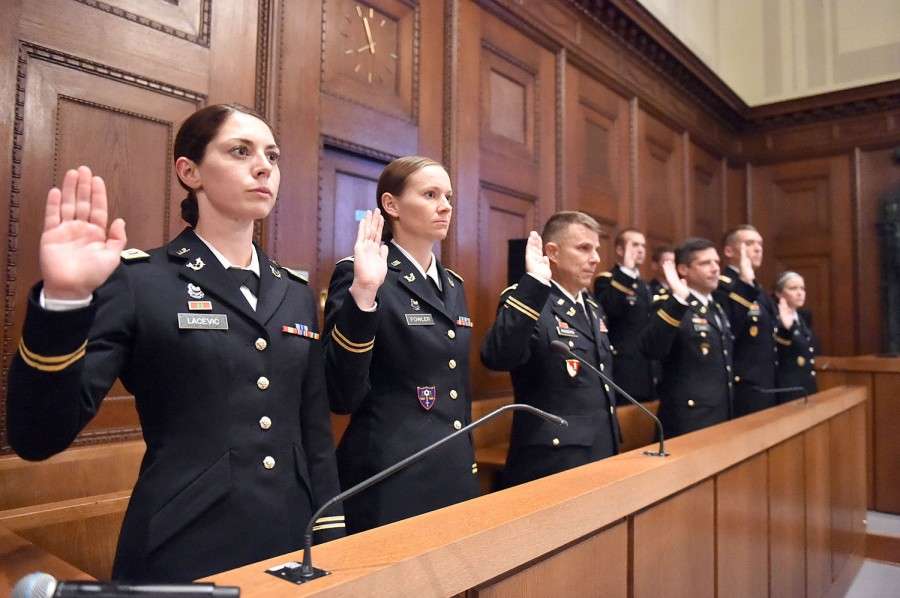The U.S. Navy has come under fire after a directive was issued prohibiting personnel from attending off-base church services while allowing participation in house parties and protests. This prompted one sailor to obtain legal services to insist on obtaining a religious accommodation to attend the services.
On June 24, 2020, the U.S. Navy announced the enclosed order in response to COVID-19 restricting certain activities that are protected under the U.S. Constitution. Specifically, the order states:
Service members are prohibited from visiting patronizing, or engaging in . . . off-installation specific facilities, services or activities . . . to include indoor religious services.
The order further states that failure to obey it may be punished by disciplinary action as a violation of 10 U.S. Code § 892. Ie: military members who attend church services in violation of the order may be court-martialed.
As a result of this stunning display of anti-religious discrimination, First Liberty, the legal organization representing active-duty officer Daniel Schultz, has sent a letter to the United States Navy asking them to grant an accommodation so that their client and others sailors may attend church services without fear of being disciplined, explaining:
“Major Schultz is a devout Christian, and his sincerely held religious beliefs compel him to participate in religious services at his church, in person. Further, as a member of his church’s worship team, Major Schultz is part of his church leadership, and his attendance and participation is vital to his faith. Because it bans him from attending church and participating on the worship team, the Navy order substantially burdens Major Schultz’s sincerely held religious beliefs.
Most ironic, and problematic, is that the order permits in-residence social gatherings of any size. In other words, Major Schultz cannot attend religious services at his church, but he can host a party at his house with the same number of people that attend his church.
First Liberty has given the Navy one week to approve the request for religious accommodation and will escalate further if no relief is given.











